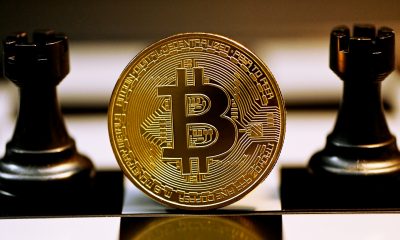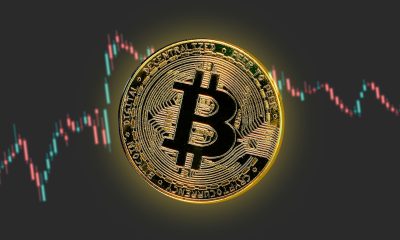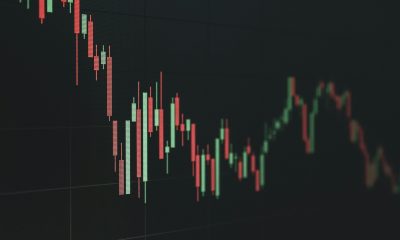Crypto
Here’s what Facebook’s new cryptocurrency really offer
The dark days of 2009 now seem like forever ago.
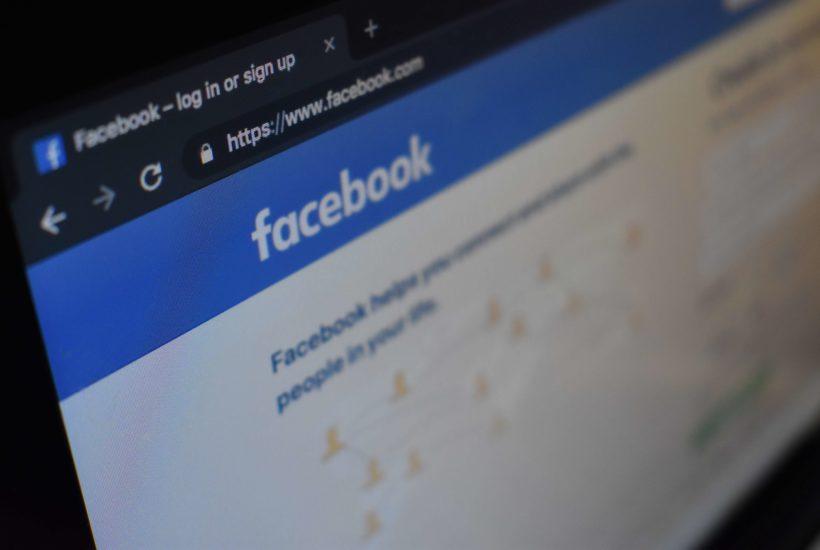
We didn’t know which banks would survive. The Fed made all banks take bailout money so that citizens wouldn’t know which ones were in trouble and then drain them of deposits. The Fed made bank stocks ineligible for shorting so that investors wouldn’t drive their market caps to zero.
We worried that fiat currencies, those printed by governments and backed by nothing, would go to zero.
Against that backdrop, bitcoin and other cryptocurrencies entered the public realm, and for the next eight or nine years, they gained credibility and traction.
Cryptos were going to do everything. Replace the dollar. End all fiat currencies. Replace gold. Put transaction companies out of business. Make moving money immediate and seamless.
With such incredible promise, cryptos eventually boomed in 2018—then imploded.
Two things drove their downfall: Cryptos delivered on exactly zero of their promises, and we came to understand that traditional currencies are still here… and will be here as long as governments exist.
With that as background, there aren’t many reasons for Facebook to enter the space with its new cryptocurrency, Libra, except one: avoiding banks.
The new currency, unveiled today, though it won’t be put into use until sometime next year, will be a stable coin, meaning all units will be backed by something of value. Facebook says the coins will be backed by a basket of currencies held in a trust account. For every unit you buy, you’ll essentially own a unit of the yen, euro, U.S. dollar, British pound, or Chinese yuan, for example.
This isn’t a reason to buy Libra. If your home currency appreciates against others in the world, like the U.S. dollar getting stronger against the euro, then your Libra will go down in value against your home currency.
Yeah, but should I use it?
If everything, or almost everything, you do financially is in one country—and that country has a stable, well-functioning banking system—then Libra doesn’t make much sense. Use your debit card to buy stuff, and use Venmo to send money to friends and family.
But if you live in a place where banking is questionable, the home currency is volatile, or you commonly send funds across borders, then Libra makes a lot of sense.
By exchanging your local currency for Libra, you can immediately hold a basket of stable, large currencies. You can buy things online and avoid your local banks. And you can send money to anyone in the world with no slippage. Workers in Qatar can send funds home to the Philippines. Immigrants in the U.S. can send money home without paying Western Union. Farming co-op members in Senegal can pool resources and buy seed and equipment from foreign suppliers.
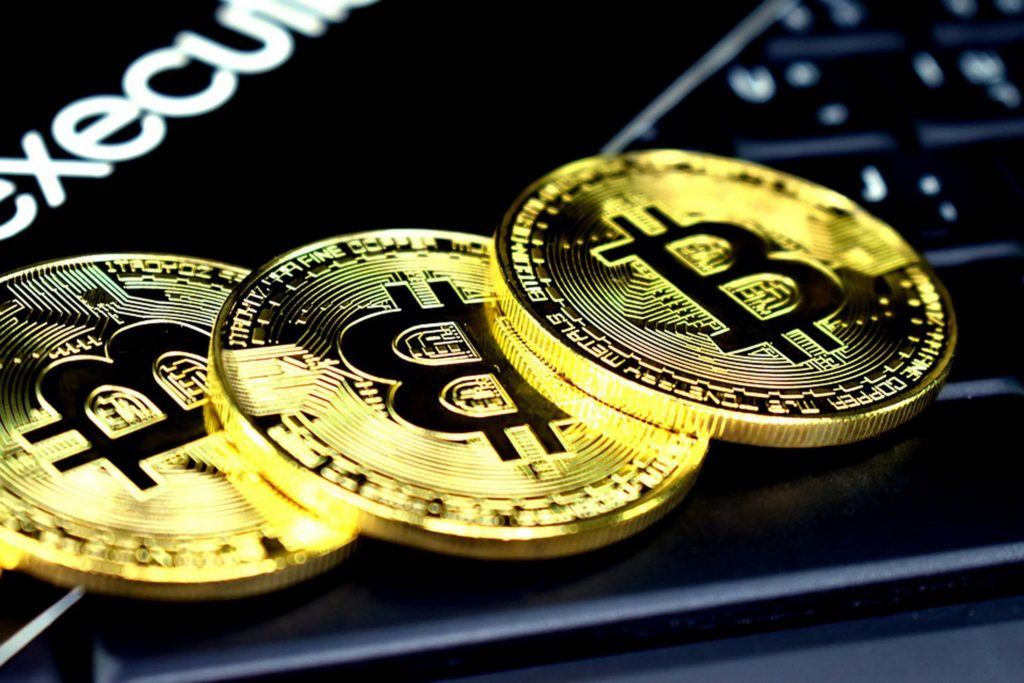
Cryptos were expected to replace the dollar and even gold. (Source)
In May 2019, Facebook had 2.38 billion active monthly users, with less than 600 million in North America and Europe. Giving the other 1.7 billion users in other parts of the world access to a stable currency that can be transferred instantly with no slippage could be life-changing.
But don’t call it a cryptocurrency.
Call it a cryptobank
Libra doesn’t supplant national fiat currencies. By definition, every unit will be backed by national currencies. Instead, Libra displaces banks, particularly those that deal in cross-border transactions and those in less reputable parts of the world.
And the currency will generate a profit for Facebook and its partners, companies like Visa and Uber. Each partner organization will kick in $10 million to create the original pot of units and will operate one of the nodes that verify and approve transactions. In return, they will get their respective cut of interest earned on the pot of cash that is held-in-trust to back the currency, as well as their share of transaction fees generated.
But there’s a question: How will governments react?
Libra transactions are supposed to be anonymous, not connected to any data that links back to your actual identity. If the digital currency supplants banking in developing nations, it will rob those systems of deposits, which reduces the money supply, and will also allow consumers to move money out of the country without government approval.
As Libra takes hold, it could cause incredible disruptions…and it will strengthen the U.S. dollar ever so slightly. And as it grows, it will require the trust account to grow too, buying even larger quantities of the currencies that make up the basket. There is no question the U.S. dollar will be a part, it’s only a matter of how much. Those purchases must be made no matter what the currency trading environment looks like, or the level of interest rates, or anything else.
Granted, in the currency world, this will be less than a drop in the bucket—more like a grain of sand on a beach. But in times of trouble, if people are flocking to Libra, they will be piling into the U.S. dollar and the other currencies in the basket.
It’s likely that Libra will take off when Facebook launches it next year, gathering tens if not hundreds of billions of dollars because it’s novel and gives people who’ve avoided cryptocurrencies a chance to feel like they’re in the group. For most people, it simply will be a novelty, one more way to pay for stuff or transfer money, which will eventually lose its appeal. But for those who live in countries with questionable banks and shaky currencies, it could be a godsend… if their governments don’t shut it down.
—
DISCLAIMER: This article expresses my own ideas and opinions. Any information I have shared are from sources that I believe to be reliable and accurate. I did not receive any financial compensation for writing this post, nor do I own any shares in any company I’ve mentioned. I encourage any reader to do their own diligent research first before making any investment decisions.

-

 Business1 week ago
Business1 week agoDow Jones Breaks 50,000 as Bull Market Surges Amid Caution and Volatility
-

 Crowdfunding11 hours ago
Crowdfunding11 hours agoThe Youth Program at Enzian Shooting Club Is Expanding Thanks to Crowdfunding
-

 Impact Investing1 week ago
Impact Investing1 week agoEU Backs 90% Emissions Cut by 2040 and Delays ETS2 Rollout
-

 Markets3 days ago
Markets3 days agoMarkets, Jobs, and Precious Metals Show Volatility Amid Uncertainty




